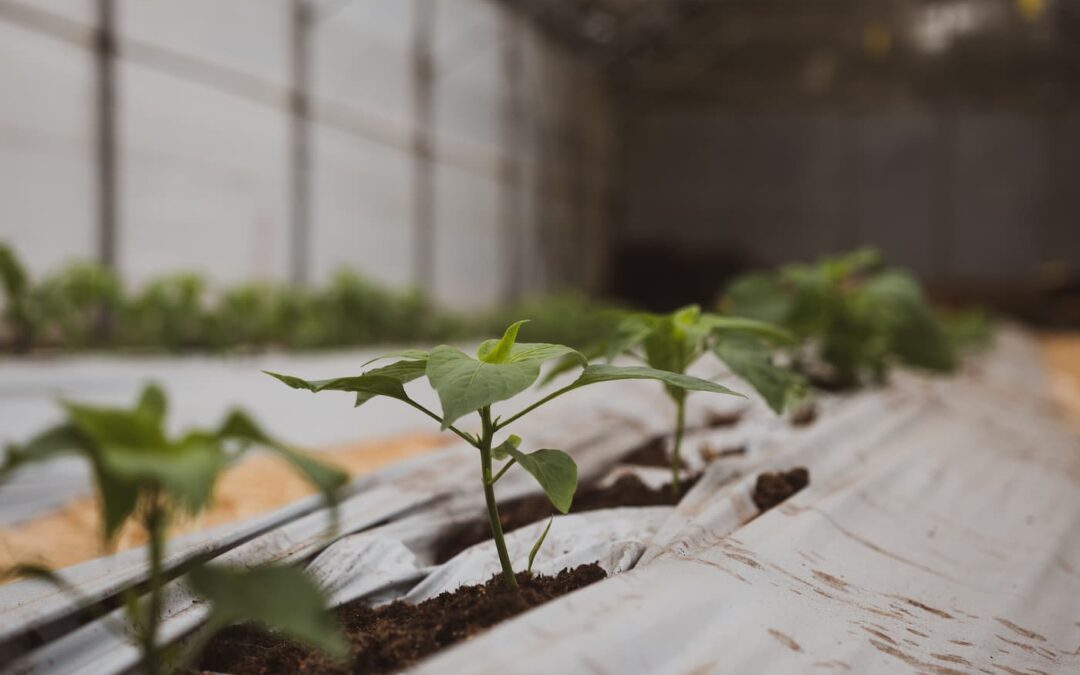In a world dominated by large-scale agriculture, small-scale farming shines as a symbol of human ingenuity and community strength. Despite facing distinct challenges, these smaller farms play a crucial role in supporting local economies, ensuring food security, and promoting sustainable practices. This article explores the unique challenges and benefits that characterize the realm of small-scale farming, celebrating its resilience and positive impact on communities.
Challenges of Small-Scale Farming
Limited Resources
Navigating the path of a small-scale farmer comes with challenges, primarily due to limited resources. Securing land, capital, and essential equipment poses significant hurdles. Unlike larger industrial farms, small-scale farmers face constraints in accessing financial resources for growth. This scarcity directly affects productivity, hindering potential farmers from entering the field.
Labor Intensity
Small-scale farming is labor-intensive, demanding unwavering commitment and physical effort. With fewer mechanical aids, tasks like planting, weeding, and harvesting often rely on manual labor. Farmers wear multiple hats, becoming the planner, laborer, and marketer. The scarcity of reliable farm labor poses another challenge, as finding dedicated workers can be arduous.
Market Access
Navigating the path of a small-scale farmer comes with challenges, primarily due to limited resources. Securing land, capital, and essential equipment poses significant hurdles. Unlike larger industrial farms, small-scale farmers face constraints in accessing financial resources for growth. This scarcity directly affects productivity, hindering potential farmers from entering the field.
Sustainability and Resilience
Implementing sustainable practices at a small scale presents unique challenges. While organic methods and diversified crop rotations are often embraced, resource constraints can hinder the adoption of advanced sustainability technologies. Climate change amplifies these hurdles, exposing small farms to unpredictable weather patterns and heightened risks.
Benefits of Small-Scale Farming
Local and Fresh Produce
In the face of challenges, small-scale farming stands out for its clear advantages. A key benefit is the creation of fresh, locally grown produce, bringing vibrant, seasonal goods straight to communities. The shorter farm-to-table distance means more ripe, nutritious, and flavorful food. This also reduces transportation distances, lowering the carbon footprint for a more sustainable food system.
Community Engagement
Small-scale farming goes beyond being a source of food—it’s a source of community connection. Farmers’ markets, Community Supported Agriculture (CSA) programs, and direct sales foster relationships between growers and consumers. The tangible link between farm and table encourages a deeper appreciation for the food we eat and the people who cultivate it. This engagement supports local economies and bolsters community bonds.
Biodiversity and Crop Diversity
In the effort to protect biodiversity and ensure a secure food supply, small-scale farms play a crucial role. Through the cultivation of various crops, these farmers enhance genetic diversity, a key factor for resilient ecosystems. Small-scale farmers often focus on heirloom and native varieties, fostering a diverse tapestry of plant life capable of adapting to changing conditions.
Innovation and Experimentation
Small-scale farming offers a fertile ground for innovation and experimentation. Unlike larger operations tied to specific commodity crops, small farms can afford to explore niche markets and unique growing methods. Farmers often collaborate with researchers, chefs, and consumers to develop new products and practices. This spirit of innovation fosters adaptive farming techniques that respond to the evolving needs of both the farm and the community.
Overcoming Challenges
Collaborative Models
Collaboration has become a source of strength for small-scale farmers. Successful cooperative farming models have emerged as effective solutions to resource constraints. Through the shared use of equipment, labor, and expertise, these collaborations enhance the efficiency of individual farmers, creating a strong sense of community.
Value-Added Products
Adding value to products through processing opens new avenues for small-scale farmers. By transforming raw produce into value-added goods like jams, cheeses, or artisanal bread, farmers create unique market niches. This diversification can lead to increased profitability, reduced vulnerability to market fluctuations, and enhanced consumer interest.
Diversification
Small-scale farmers often embrace diversification as a strategy to navigate challenges. Beyond agriculture, many explore agritourism, educational workshops, or farm stays to supplement income. This diversification mitigates risks and contributes to the farm’s sustainability while providing visitors with authentic agricultural experiences.
Policy and Support
Government policies and support from organizations play a pivotal role in empowering small-scale farmers. Grants, training programs, and initiatives that promote sustainable agriculture are vital. Advocacy for policies that prioritize local food systems and fair pricing can level the playing field for small farmers in the marketplace.
Small-scale farming is a tapestry woven with challenges and benefits, reflecting the intricate interplay between human aspirations and the rhythms of nature. As small-scale farmers navigate resource limitations, labor demands, and market complexities, they create pathways for local engagement, biodiversity preservation, and sustainable practices. The inherent resilience of small-scale farming offers a vision of agriculture that embraces collaboration, values community, and champions innovation. By supporting these farmers, we contribute not only to the sustenance of our communities but also to the vitality of the land we call home.

